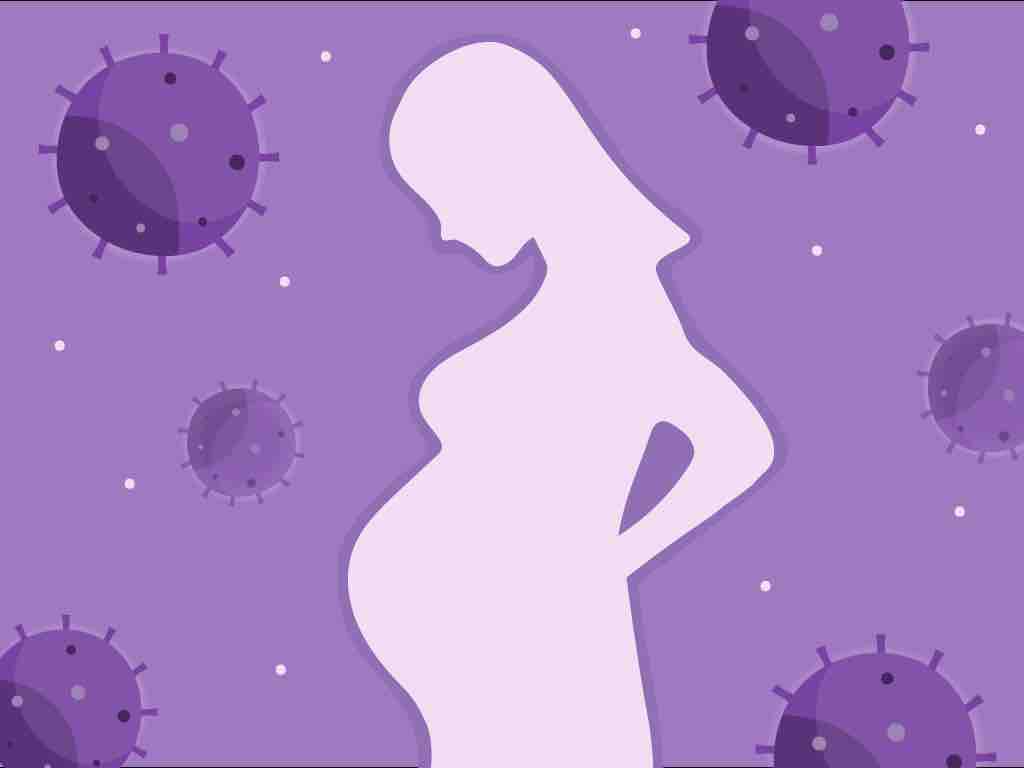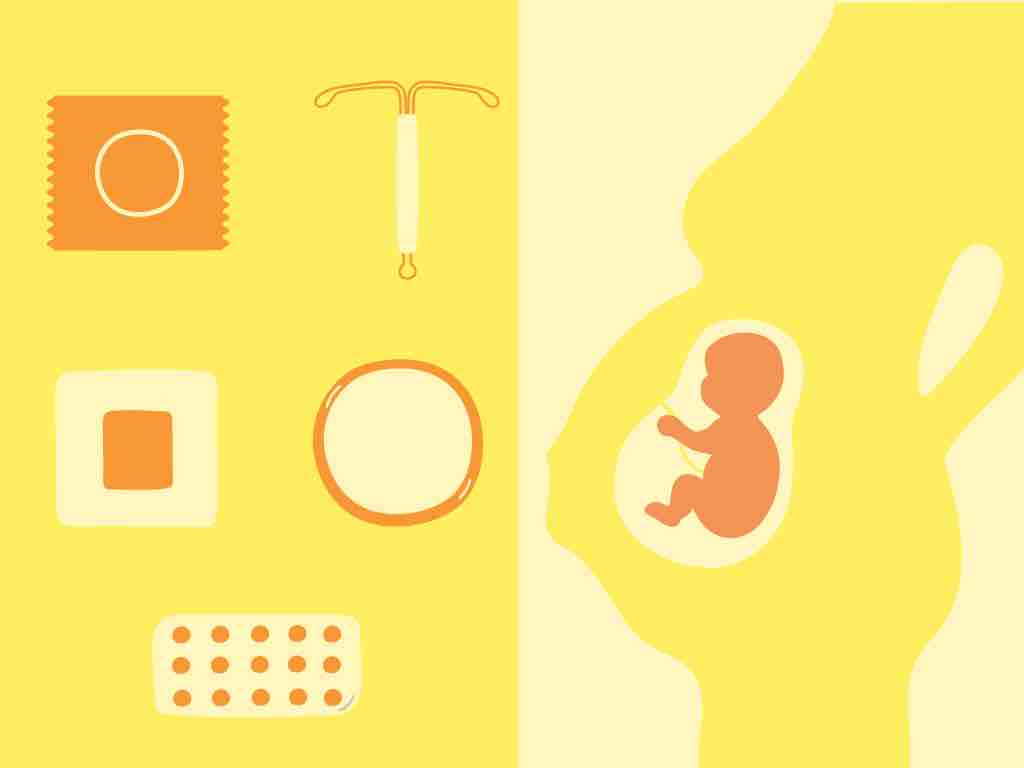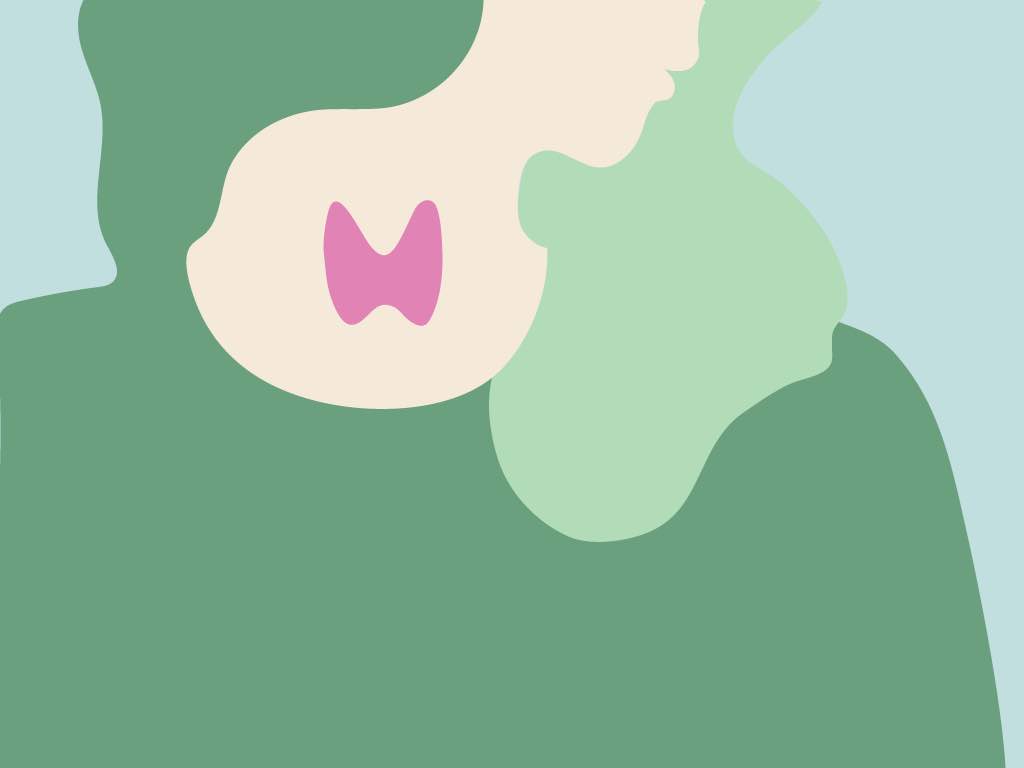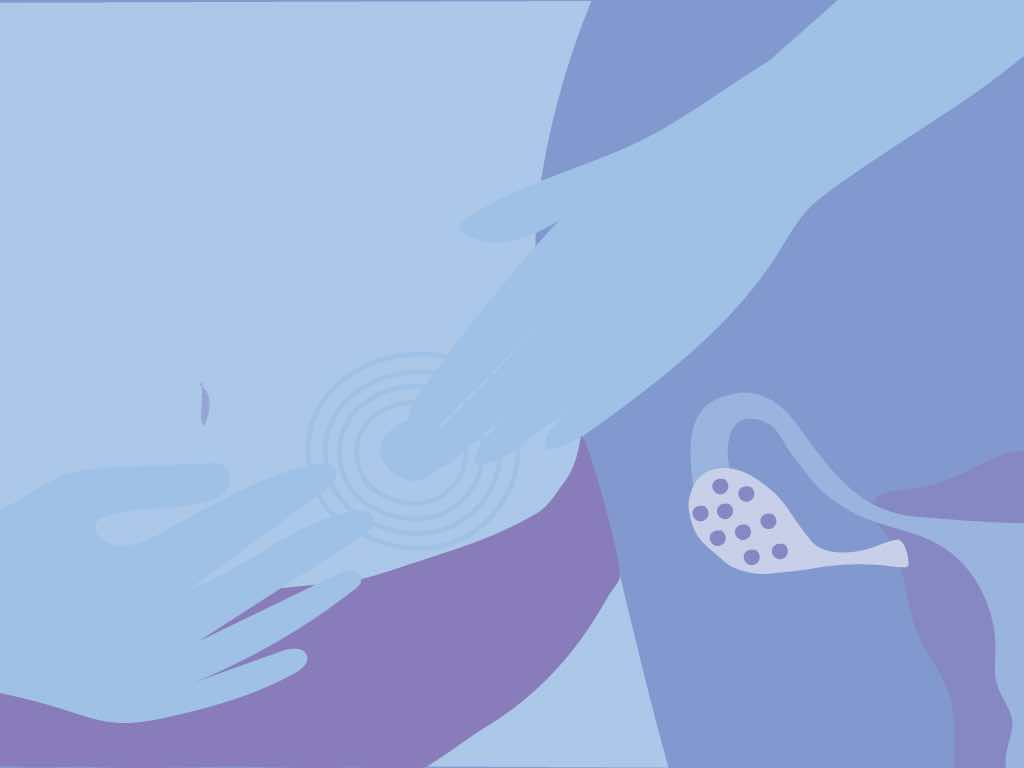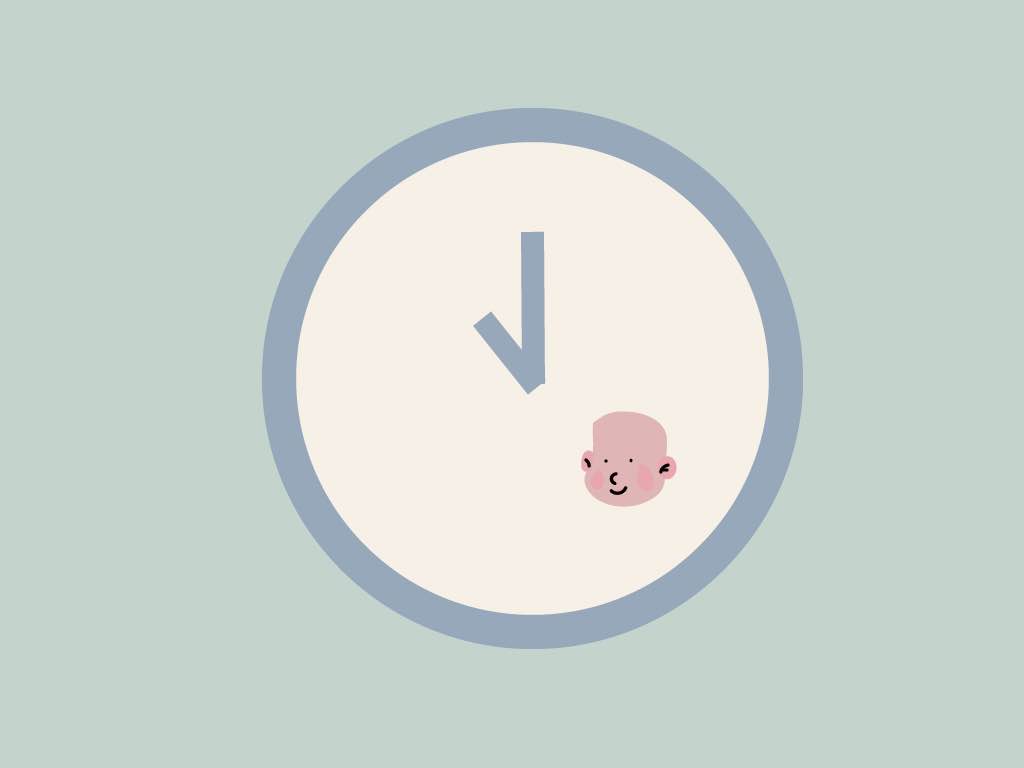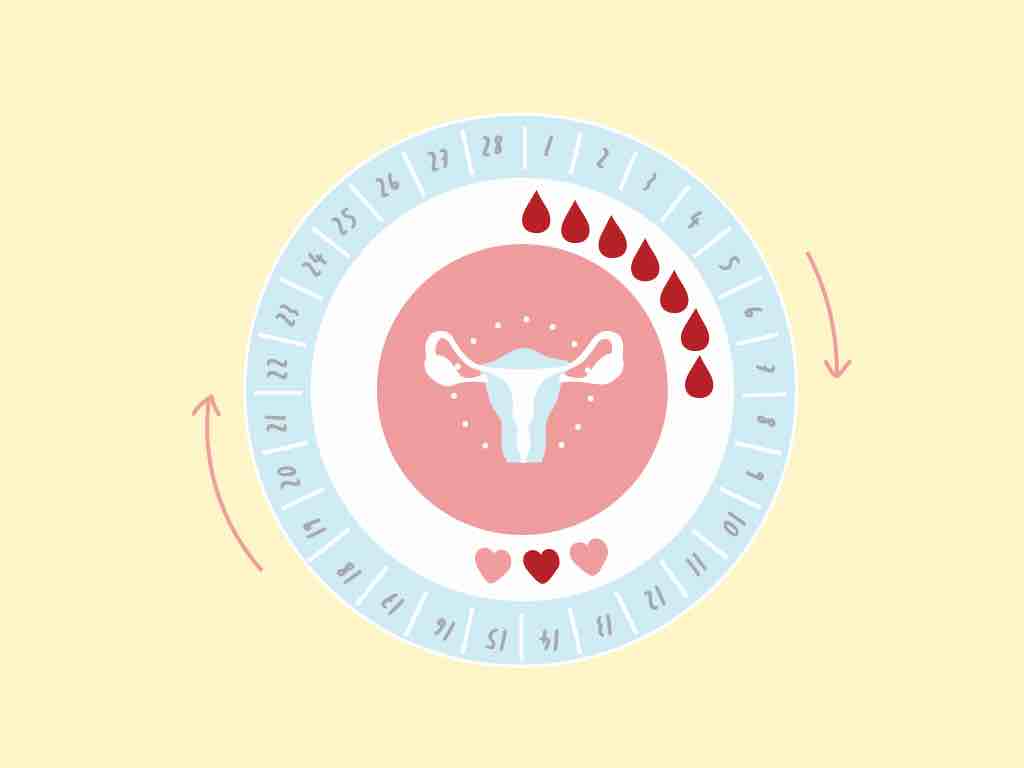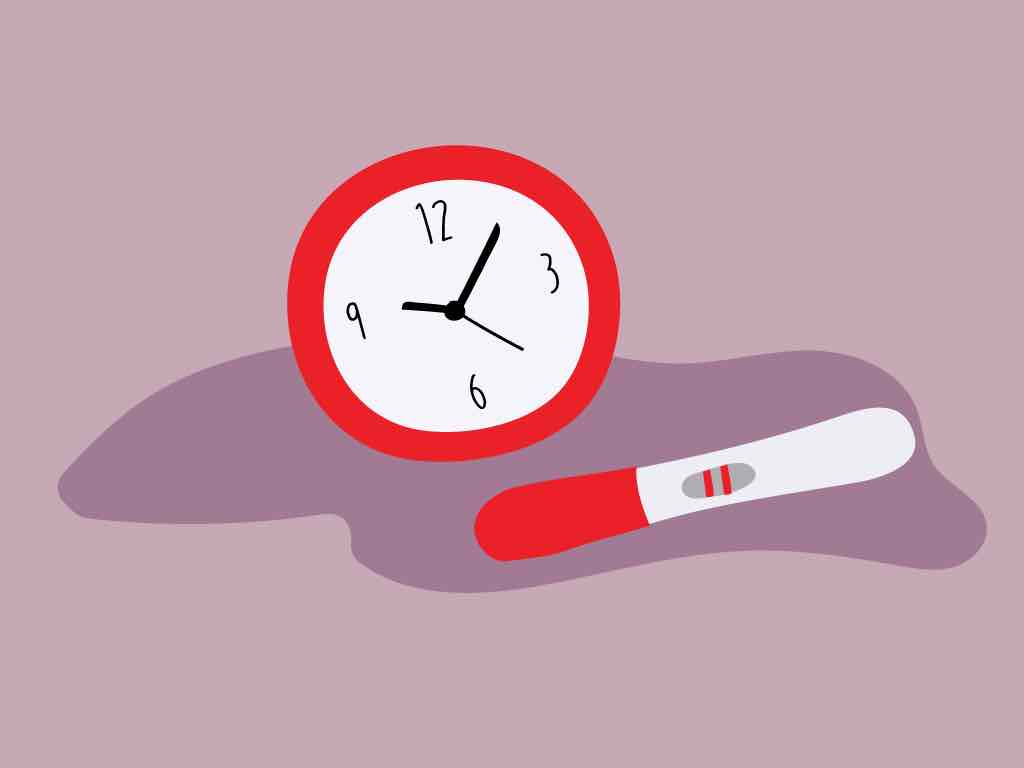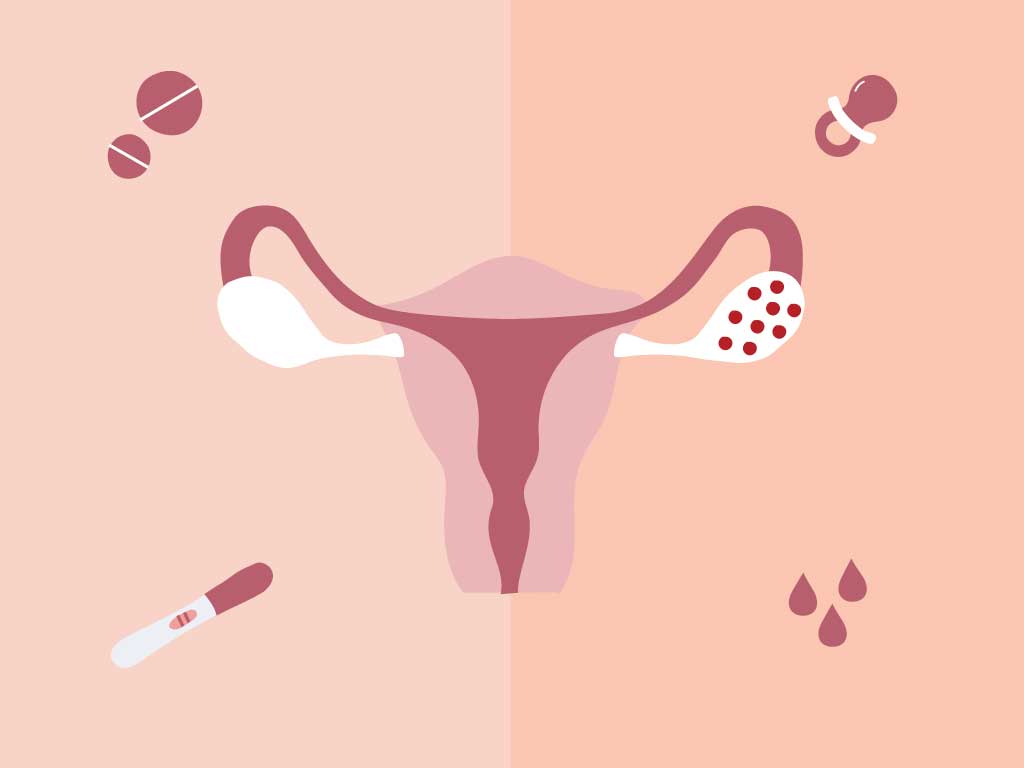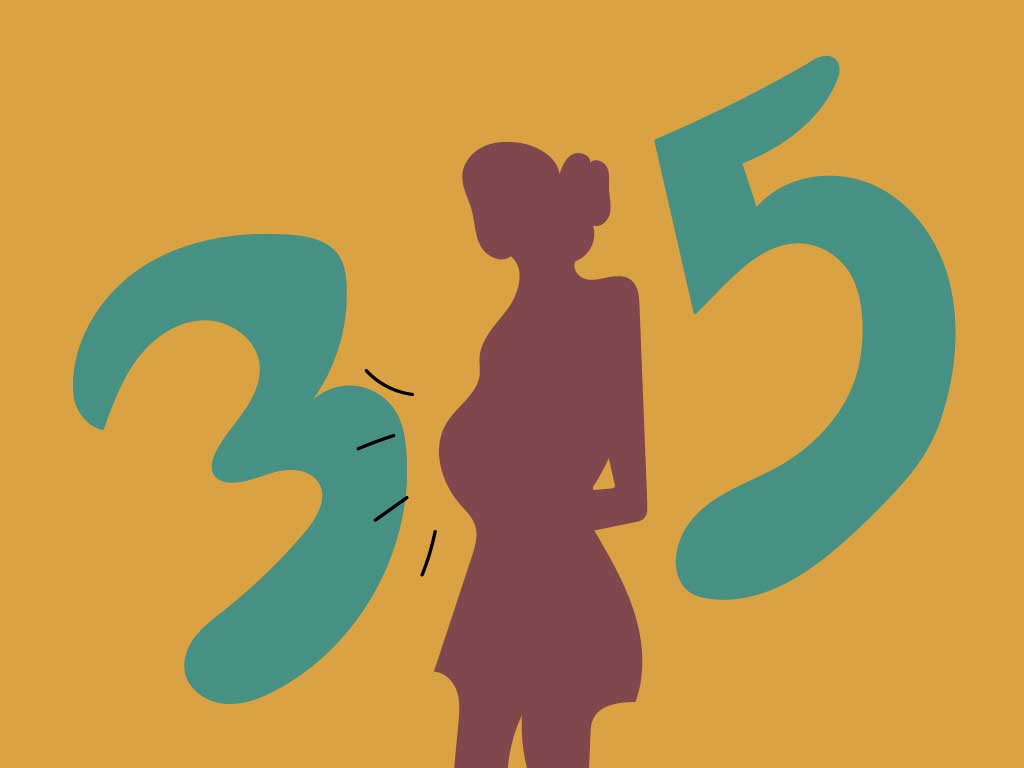PCOS is Common! One in Five Women Have It
February 24, 2020 | Bonné
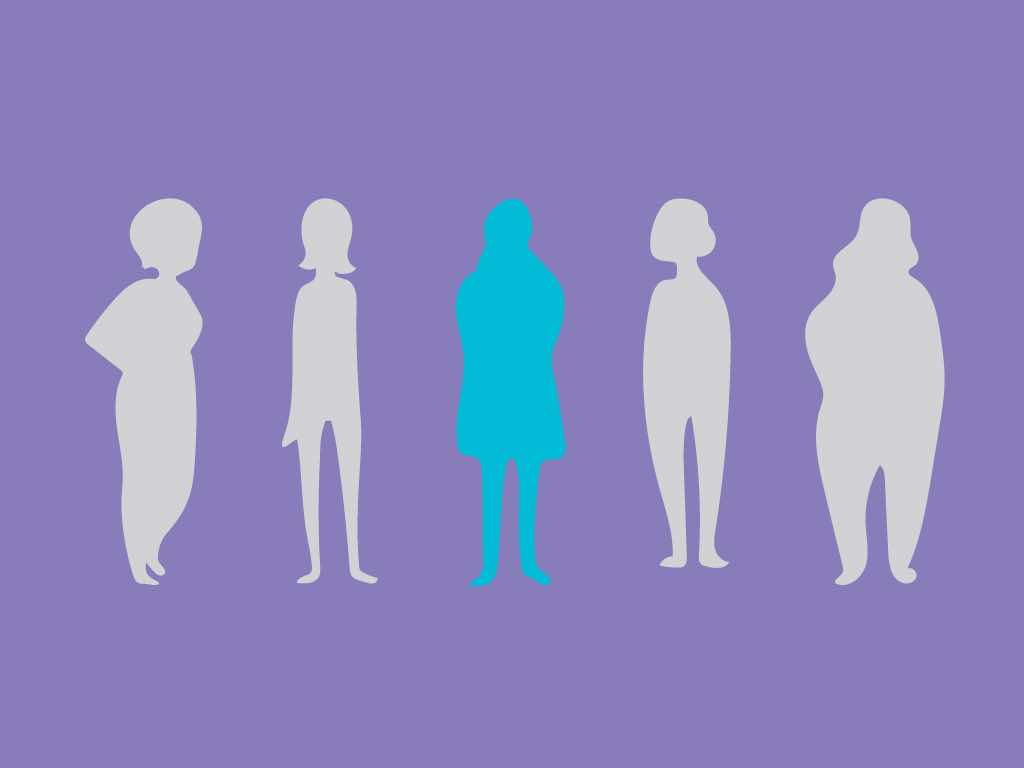
Top Things to Know:
- PCOS is a common health condition in women, but often mis- or under-diagnosed.
- PCOS and PCOD are two different conditions.
- Enlarged ovaries, irregular periods, and difficulty in conceiving are common are a few signs and symptoms of PCOS and PCOD.
- PCOS does not only affect a woman’s reproductive system, it has an impact on her overall health.
- Untreated PCOS can lead to many health complications such as diabetes, hypertension, high cholesterol, and increased risk of cardiovascular diseases.
When we hear of irregular periods, one of the first things that pops in our minds is ‘PCOS’ (because PCOS is common!) though they are not necessarily related. While there is a lot of information about PCOS or Polycystic Ovarian Syndrome, not many women are aware of the actual facts about this condition. For example, do you know that PCOS is a very common reproductive problem in women? In India, 1 in every 5 women i.e. nearly 20% of women suffer from this condition.[1] However, many remain unaware of their condition and some are reluctant to seek treatment due to cultural and social issues.
You are not alone!
Yes, if you suffer from PCOS, you are not alone. PCOS is very common among Indian women, probably higher than in other countries like the USA where only 1 in every 10 women suffers from the condition.[2]
PCOS is common, but what actually is PCOS?
PCOS or Polycystic Ovarian Syndrome is a condition when some hormones, especially androgens (testosterone) and anti-müllerian hormone, are out of balance because of a metabolic disorder. Though PCOS may convey an idea of having cysts in the ovaries, a PCOS patient does not necessarily have cysts in her ovaries. Women are said to suffer from PCOS if they have at least two out of these three symptoms: irregular periods, high level of androgens, and cysts in the ovaries. You know these symptoms are very common!
What is PCOD, is it the same as PCOS?
The other condition PCOD or Polycystic Ovarian Disease that is often confused with PCOS. PCOD has similar symptoms to that of PCOS, but it is not as serious a condition. In PCOD, the ovaries contain immature and unreleased eggs that turn into cysts. Most common causes of PCOD include stress, being overweight or having obesity, hormonal disturbance, and a poor lifestyle. Simply put, PCOD, if left untreated, can turn into PCOS.
In both PCOS and PCOD, the ovaries enlarge and can impact women’s fertility.
PCOS implications for overall health and fertility
Does that mean that PCOS affects only women’s fertility? Therefore, only women who are planning to get pregnant must check for symptoms? Not at all! PCOS affects not just women’s fertility, but also their overall health. PCOS today is both under-diagnosed and under-treated [3] with many young women confessing how their condition wasn’t diagnosed in their first few appointments with their doctors.
If left untreated, PCOS can result in multiple systemic conditions such as:
- Pre-diabetes: A condition that resembles diabetes but is actually a stage before diabetes really sets in. It is characterized by an increase in blood sugar levels, so a failure to treat this condition can lead to diabetes.
- Hypertension/High blood pressure
- Increase in weight or risk of obesity: Over 65% of women with PCOS have abnormal BMIs and are mostly always overweight.[4]
PCOS, therefore, isn’t just affecting one’s fertility or reproductive health but has a direct impact on one’s overall health and wellbeing. If you have even the slightest doubt about your symptoms being those of PCOS, visit your physician today and try Yesmom Fertility test to determine your hormonal levels. PCOS is more common than you think!
[1] Bhumika Pruthi, One in five Indian women suffers from PCOS, The Hindu Available at https://www.thehindu.com/sci-tech/health/one-in-five-indian-women-suffers-from-pcos/article29513588.ece; Last Updated: 26th September 2019
[2] Wendy M. Wolf, Rachel A. Wattick, […], and Melissa D. Olfert, Geographical Prevalence of Polycystic Ovary Syndrome as Determined by Region and Race/Ethnicity, Int J Environ Res Public Health. 2018;15(11):2589. Published 2018 Nov 20. DOI:10.3390/ijerph15112589, Available at https://www.ncbi.nlm.nih.gov/pmc/articles/PMC6266413/
[3] Jen Bell, What you may not know about PCOS: questions and misconceptions, Hello Clue, Available at https://helloclue.com/articles/cycle-a-z/what-you-may-not-know-about-pcos-questions-and-misconceptions, Published on 8th Nov 2018
[4] Sari Harrar, Polycystic Ovary Syndrome (PCOS): How Is It Diagnosed?, Endocrine Web, Available at https://www.endocrineweb.com/conditions/polycystic-ovary-syndrome-pcos/polycystic-ovary-syndrome-pcos-how-it-diagnosed, Updated on 20th March 2018


